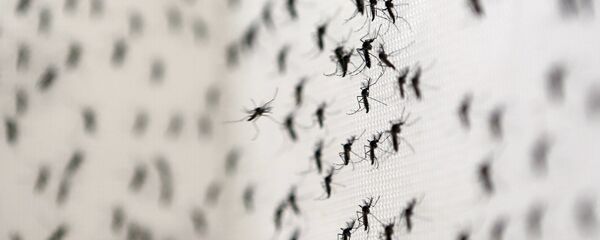When the doctors gave up, claiming that they wouldn't be able to make a diagnosis, the child's parents shared their situation on social media, in hopes that one day they would find other people whose children have similar symptoms.
The wait wasn't long. That same evening they received a phone call from Dr. Mike Fountain at the Baylor College of Medicine in Houston, who had been studying USP7 and had found seven other people with that particular genetic mutation.
A lab colleague of Fountain's had noted Bigelow's story after a user posted it on Reddit.
"Someone who shared the lab with Fountain saw it and said, 'Isn't this the gene you work with?' And he said, 'Yes, it is,'" Tess' father Bo Bigelow told ABC News.
Fountain explained that the mutation in the USP7 gene prevents cells from recycling proteins correctly, a necessary means to securing normal functioning of the body.
"You wind up with a neuro-developmental disorder," Bigelow explained in his blog. "You have intellectual disability and probably autism and seizures."
Tess currently has the mental capacity of an 18-month-old. Unfortunately, there is no cure for her condition, but the girl's parents are hoping for some sort of experimental treatment now that, at least, they understand the underlying cause.
The family has been able to make small changes, that help Tess with vision and skin problems. They also managed to get in contact with another family who have a child with a USP7 mutation, a connection possible through the utility of social media.




